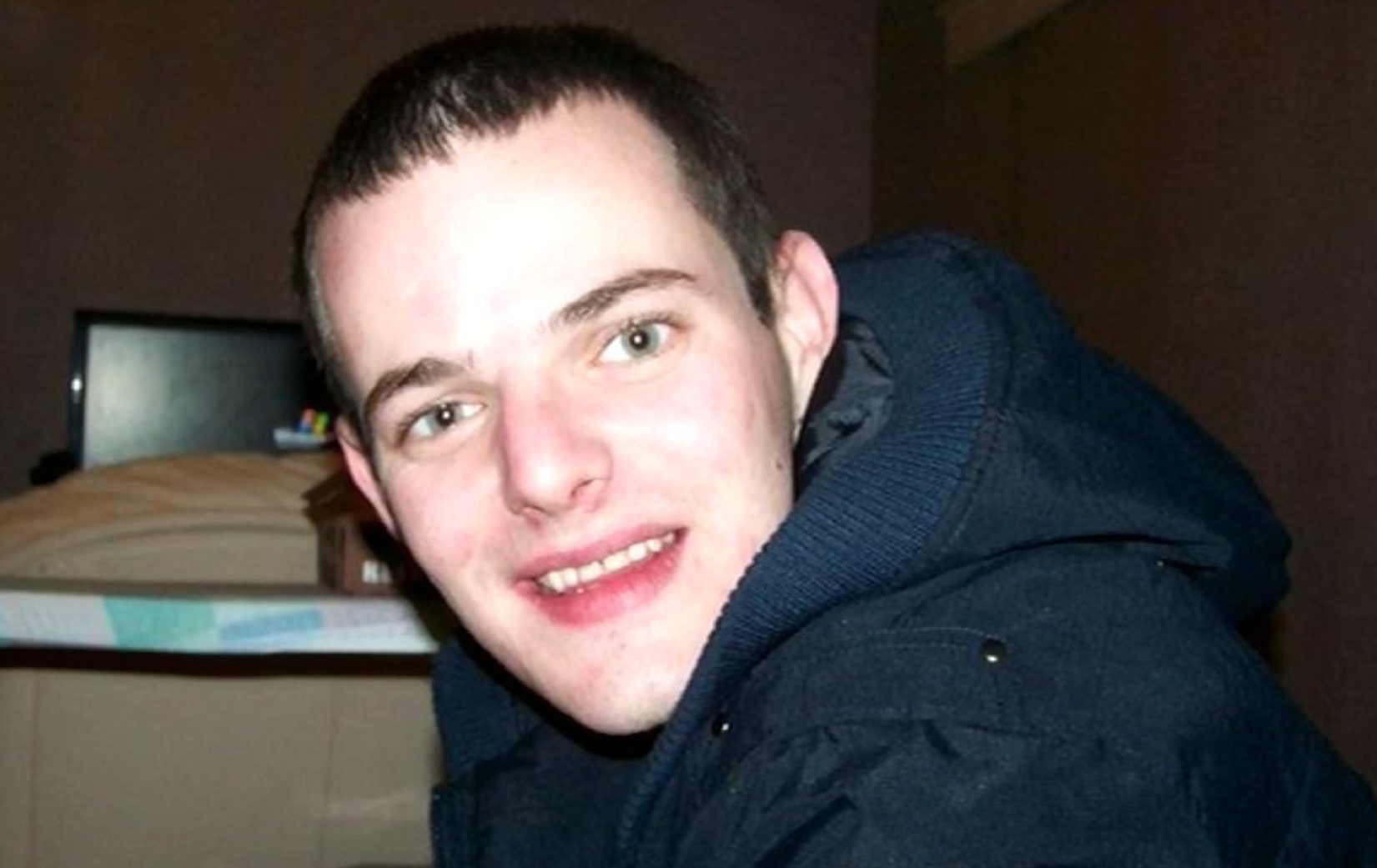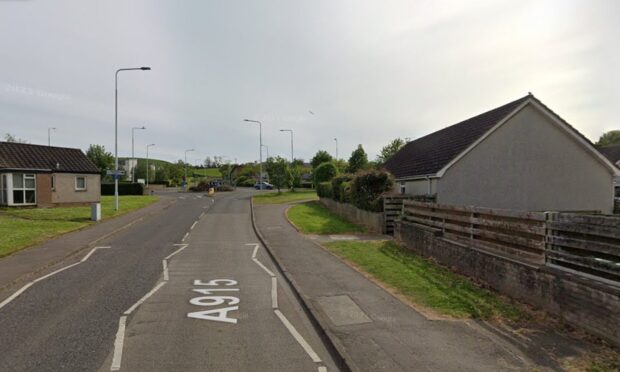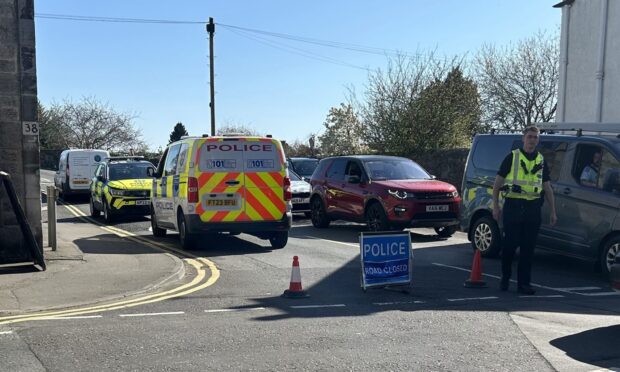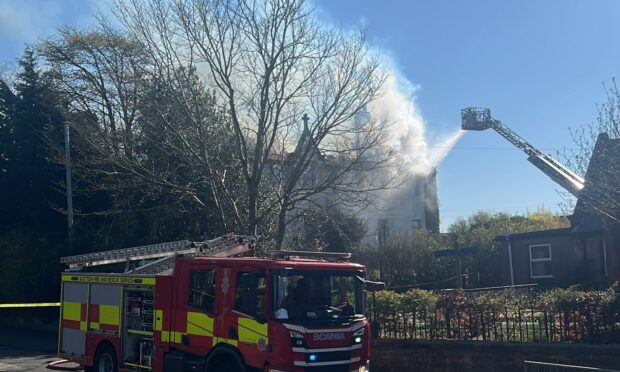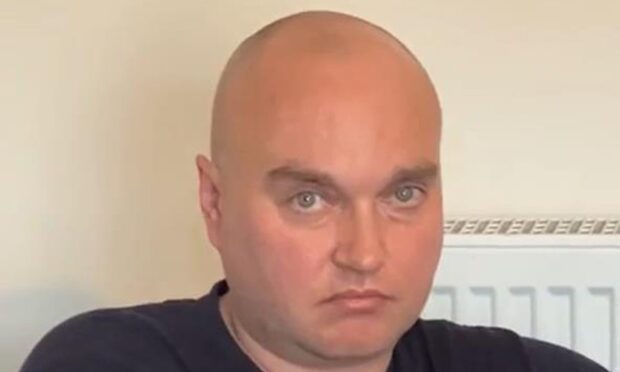There can be few of us that have not been touched by the pain of death.
In most instances you can prepare yourself for the stomach churning news, most often as the conclusion of a period of illness.
Sometimes it is a feeling we have to inflict upon ourselves, as pet owners who wish to spare our furry family members any unnecessary suffering.
But as sad as these moments are, there remains a process: We mourn, we regroup, we adapt to a new life.
However, there are occasions when people are not allowed to move on. Time stands still, questions remain unanswered, and the healing process can never start.
In today’s paper you will read the words of Kaylie Caulfield, whose partner Sandy Clarke disappeared without trace four years ago.
Imagine if that was your other half? Your son, daughter or grandchild? One day you say goodbye and years later you are none the wiser as to where they are.
Speaking to Ms Caulfield reminded me of interviews I have done with the families of other missing people, notably those of Allan Bryant Jr and Kenneth Jones.
Every time we chat the one word that comes up is “closure” — that need to know whether you can mourn or whether you can continue to live in hope that one day your loved one may come through the front door.
You develop a thick skin in this job, but I defy any human not to sympathise with such raw emotions.
I apologise if this is a particularly weighty subject as you chew on your Monday morning corn flakes, but in reality when is there a good time to talk about such matters?
The point I am trying to make is fairly simply and something that I’m sure you already know.
We are blessed to live in a digital age where talk has never been cheaper.
Phone calls cost pennies, texts and social media are free, while driving, or even a plane ticket, remains relatively cheap in the grand scale of things.
So while we can we should take the time to tell those we love how we feel. We never know if we may get the chance again.
